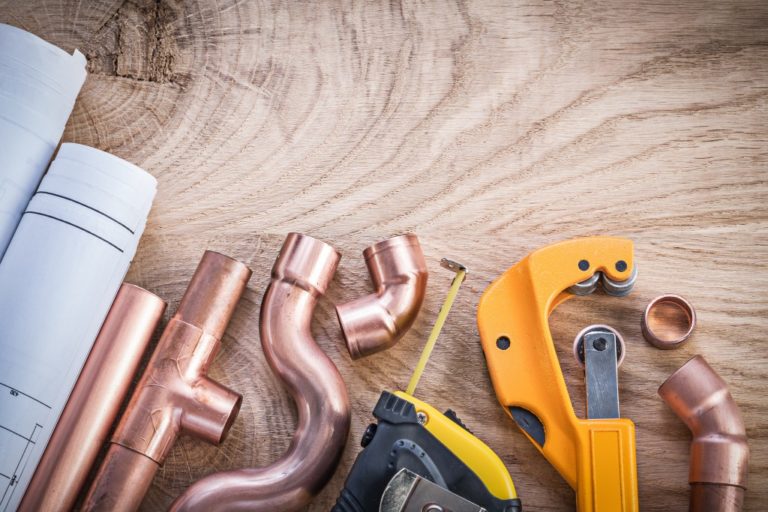Aesthetically, few materials can hold a candle to copper. Its unique color and shine often make it the favorite for contractors. Because of its unique properties, copper is used in many architectural elements such as roofs, wall cladding, expansion joints, and gutters. It can complement other common building materials such as wood, timber, and glass. But the benefits of using copper in the construction industry go beyond the aesthetics. Copper is also used for the electromechanical side of construction.
Malleability
Copper’s malleability makes it a favorite material for the construction industry to work with. They can use a copper busbar bending machine without fear of breaking or cracking the copper. They can hammer or press the material permanently to form pipes, gutters, and other elements for the construction of a building. Because it is pliable, it can be worked in a variety of design elements for the aesthetics of a house or building.
Durability
Copper has certain characteristics that make it stand out among other roofing materials. Because it is lightweight and has less density than lead, copper is easier to use in the construction industry. The beams of a ceiling can support the weight of copper just fine if it’s going to be used as a roofing material. It is also easier to install even on steeply pitched roofs such as domes.
If you live in a city where the weather tends to get to a high temperature, copper is a better material because of its high melting point. It is also heat-resistant, making it less prone to spread fire if there’s ever an incident in your house. Copper does not corrode easily as well. It can last for decades without requiring major repairs and replacements. But do note that other metals may corrode if they come into contact with copper.
Cost-effectiveness

The initial cost of copper might make some believe that it isn’t worth investing in. But several studies show that copper is cost-effective because of its flexibility, ease of maintenance, durability, and salvage value. It can be recycled and reused if you decide to remove it from your roof, for example. Because of these properties, you can almost compare the cost-effectiveness of copper with steel, aluminum, zinc, and concrete tiles.
Sustainability
Because copper lasts for a long time, it prevents contractors from having to source other building materials to replace it. Building materials with copper require very little maintenance (sometimes, none at all). They are also highly recyclable. This property reduces the waste produced by sourcing building materials and maintaining them.
Since it is also the standard for energy-saving electrical wiring and plumbing, the use of copper can reduce a building’s energy consumption. It decreases the impact of the construction industry on natural resources. Its recyclability makes it an even environmentally sound building material.
Copper is considered superior over a lot of other building materials. There’s a good reason for that. The next time you renovate or restructure your home or office buildings, ask the contractors if they can work with copper both for aesthetics and cost-effectiveness purposes.

